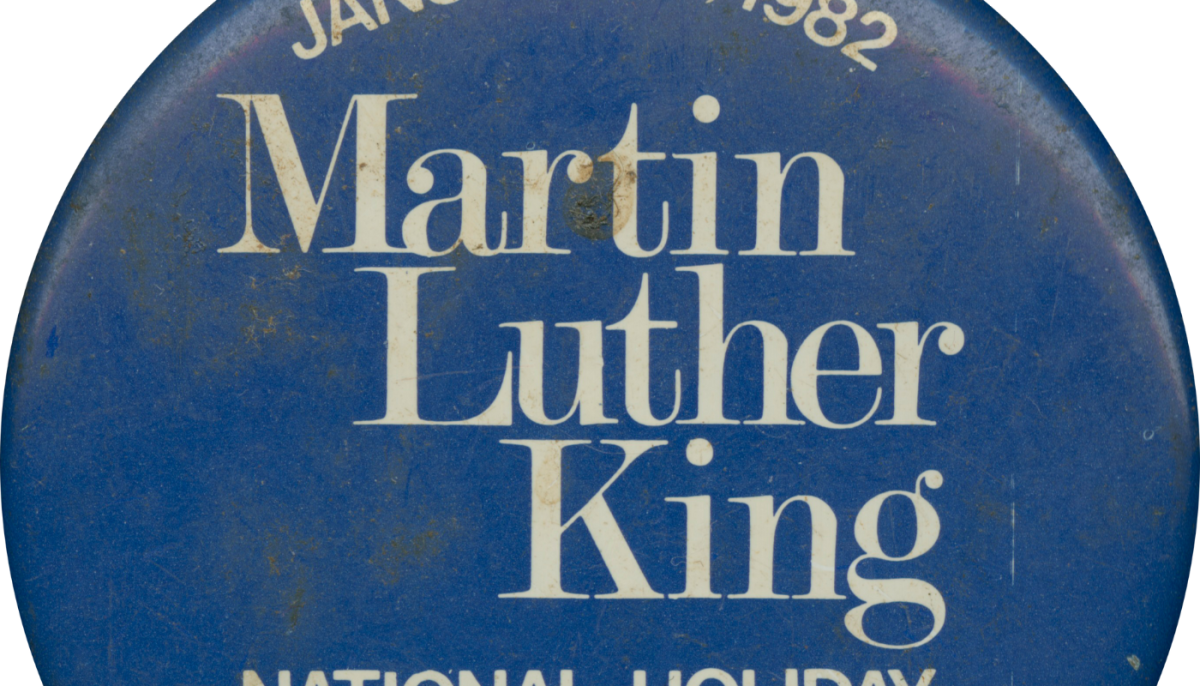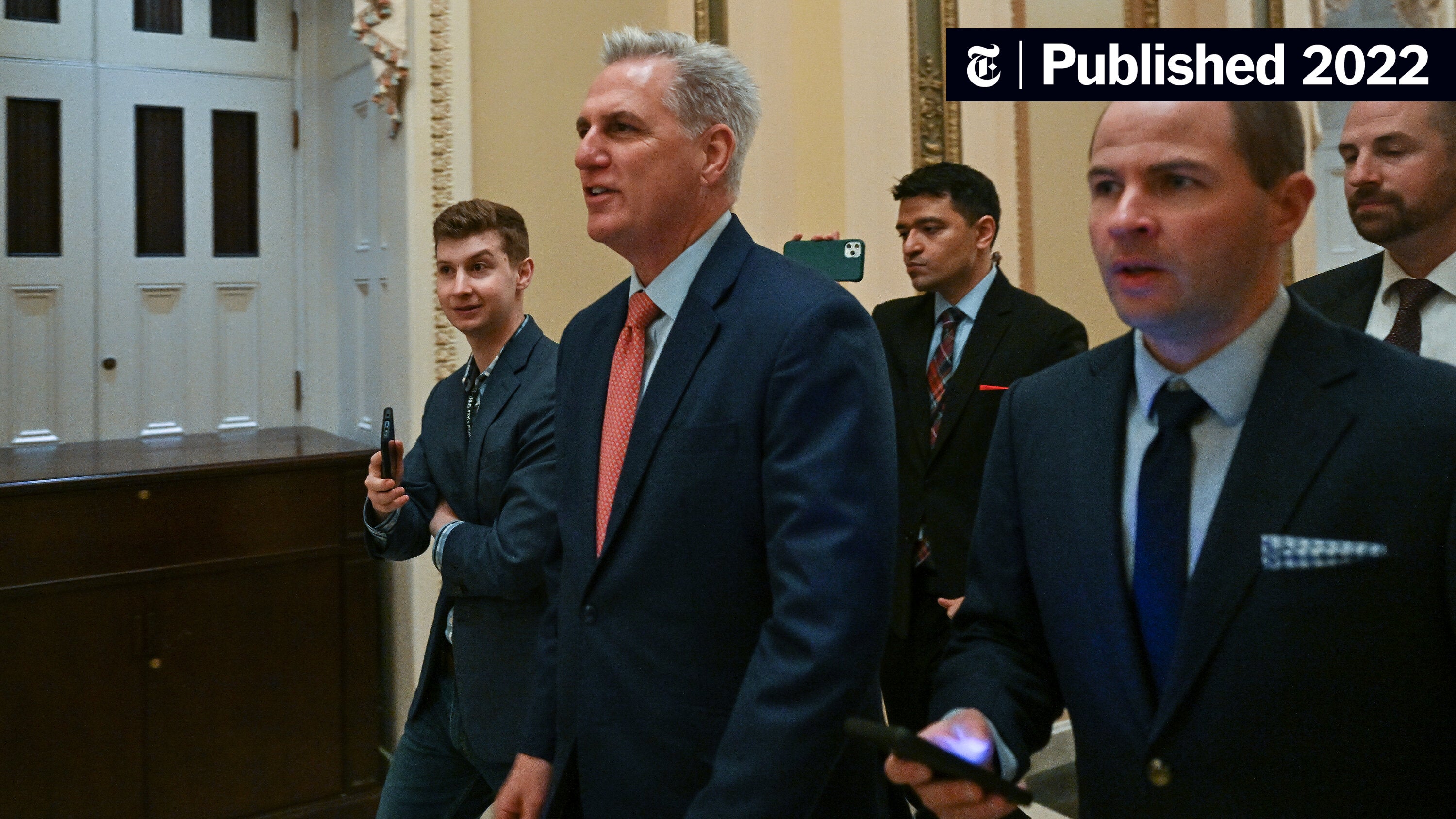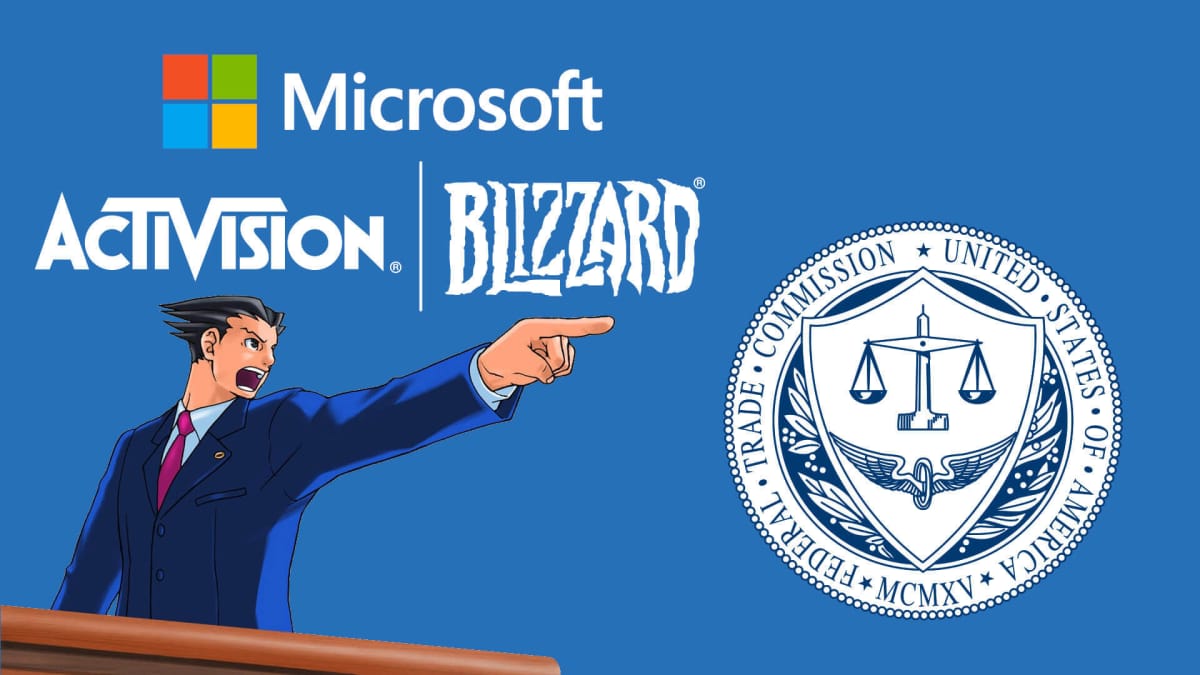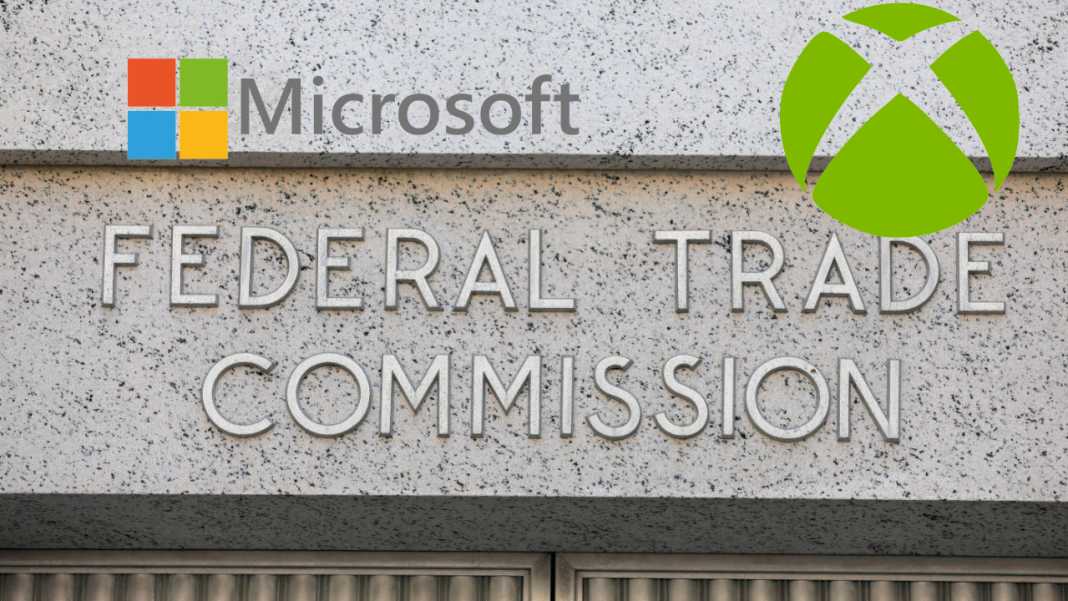Public Opinion On Martin Luther King Jr. Day: Celebration Or Abolition?

Table of Contents
The Predominant View: Celebration and Remembrance
The prevailing sentiment surrounding Martin Luther King Jr. Day is one of profound celebration and remembrance. The holiday serves as a powerful reminder of Dr. King's immense contribution to the Civil Rights Movement and his enduring impact on American society.
King's Legacy as a Symbol of Hope and Nonviolent Resistance
Dr. King's legacy transcends mere historical significance. He embodied hope, resilience, and the power of nonviolent resistance in the face of systemic oppression.
- His speeches, particularly the iconic "I Have a Dream" address, continue to inspire generations to fight for social justice and equality.
- His achievements in advancing civil rights, including the passage of landmark legislation like the Civil Rights Act of 1964 and the Voting Rights Act of 1965, fundamentally altered the course of American history.
- Numerous surveys and polls consistently demonstrate overwhelmingly positive public sentiment towards Martin Luther King Jr. Day, reflecting widespread appreciation for his contributions.
- The day is often marked by educational initiatives, community service projects, and commemorative events designed to honor his memory and promote his ideals.
Martin Luther King Jr. Day as a National Holiday: Its Significance and Impact
The establishment of Martin Luther King Jr. Day as a national holiday in 1983 was a monumental achievement, signifying the nation's official recognition of his profound influence and the importance of social justice.
- The holiday's legal recognition solidified its status as a key moment in the American calendar, dedicated to reflecting on Dr. King's life and work.
- The day’s observance transcends geographical boundaries, with numerous events held nationwide, fostering a shared national narrative about equality and social progress.
- Beyond its symbolic importance, the holiday also has a substantial economic impact, generating tourism revenue and boosting business activity in many communities.
Counterarguments and Criticisms
Despite the widespread celebration, critical voices highlight the persistent gap between the ideals of Martin Luther King Jr. Day and the realities of ongoing racial inequality.
Unfulfilled Promises and Systemic Racism
While significant progress has been made since Dr. King's time, systemic racism continues to plague American society.
- Statistics reveal glaring racial disparities in education, employment, housing, and the criminal justice system, demonstrating that the dream of equality remains unfulfilled for many.
- Critics argue that the holiday has become a performative act, a superficial commemoration that fails to address the root causes of racial injustice.
- Activists and scholars point to the ongoing struggle for racial equality as evidence that the holiday alone is insufficient to achieve meaningful change. The symbolism, they argue, needs to be backed by tangible action.
Calls for a More Action-Oriented Approach
Many advocate for shifting the focus from mere celebration to concrete action to tackle persistent racial inequalities.
- The call is for a movement beyond symbolic gestures, towards substantive policy changes and community organizing initiatives aimed at dismantling systemic racism.
- The concept of "holiday activism," which involves using the day as a launchpad for direct action and advocacy, is gaining traction.
- This includes engaging in peaceful protests, supporting organizations dedicated to social justice, and advocating for policies that promote racial equity.
Public Opinion Data and Surveys
While anecdotal evidence suggests a mixed public opinion, quantifiable data is needed to understand the nuances. Several surveys and polls examine public attitudes towards Martin Luther King Jr. Day and its effectiveness. (Note: This section would ideally include specific data and citations from reputable polling organizations. Examples would include Pew Research Center, Gallup, etc. Visual aids such as charts and graphs would further enhance this section's impact.)
Conclusion
Public opinion on Martin Luther King Jr. Day is multifaceted. While the holiday is widely celebrated as a testament to Dr. King's legacy and the progress made in the fight for civil rights, criticisms remain regarding its effectiveness in addressing the persistent issue of systemic racism. The debate highlights the complexities of commemorating a historical figure while simultaneously confronting the ongoing struggle for racial justice.
To truly honor Dr. King's legacy, we must move beyond simply observing Martin Luther King Jr. Day as a holiday. We must engage in respectful dialogue, participate in community events promoting social justice, and actively contribute to dismantling systemic inequalities. Let's transform Martin Luther King Jr. Day from a mere commemoration into a catalyst for lasting change, ensuring that his dream of a truly equitable society becomes a reality.

Featured Posts
-
 Santos Reveals The Smelliest Member Of Congress
Apr 26, 2025
Santos Reveals The Smelliest Member Of Congress
Apr 26, 2025 -
 Love Islands Nepotism Unveiling The Most Connected Contestants
Apr 26, 2025
Love Islands Nepotism Unveiling The Most Connected Contestants
Apr 26, 2025 -
 Conflict La Santierul Naval Mangalia Sindicalistii Apeleaza La Ambasada Olandei
Apr 26, 2025
Conflict La Santierul Naval Mangalia Sindicalistii Apeleaza La Ambasada Olandei
Apr 26, 2025 -
 Construction To Restart On Worlds Tallest Abandoned Skyscraper
Apr 26, 2025
Construction To Restart On Worlds Tallest Abandoned Skyscraper
Apr 26, 2025 -
 Groeiend Draagvlak Steun Voor Koninklijke Familie Bereikt 59
Apr 26, 2025
Groeiend Draagvlak Steun Voor Koninklijke Familie Bereikt 59
Apr 26, 2025
Latest Posts
-
 Activision Blizzard Acquisition Ftc Files Appeal
Apr 28, 2025
Activision Blizzard Acquisition Ftc Files Appeal
Apr 28, 2025 -
 Ftcs Appeal Could Block Microsofts Activision Purchase
Apr 28, 2025
Ftcs Appeal Could Block Microsofts Activision Purchase
Apr 28, 2025 -
 Ftc Appeals Microsoft Activision Merger Ruling
Apr 28, 2025
Ftc Appeals Microsoft Activision Merger Ruling
Apr 28, 2025 -
 January 6th Ray Epps Defamation Case Against Fox News Explained
Apr 28, 2025
January 6th Ray Epps Defamation Case Against Fox News Explained
Apr 28, 2025 -
 Fox News Faces Defamation Suit From Ray Epps Regarding January 6th Allegations
Apr 28, 2025
Fox News Faces Defamation Suit From Ray Epps Regarding January 6th Allegations
Apr 28, 2025
